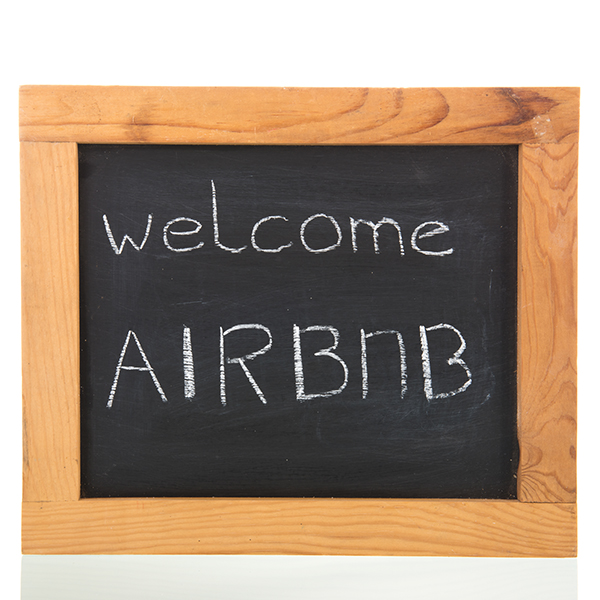Recent steps taken by Amsterdam’s city council to reduce problems associated with overtourism appear to be paying off — the number of tourist rentals advertised on platforms such as Airbnb fell substantially as a result of a registration number requirement that took effect on 4 October: from 16,648 in March of this year to 2,924 on 4 October.
Last year, the city of Amsterdam began implementing regulations to reduce the number of homes rented to tourists, as well as the number of unlicensed illegal rentals listed on home-sharing platforms such as Airbnb and VRBO. In an attempt to address the impact of the rise in tourist rentals on the nationwide housing shortage, as well as overtourism’s negative impact on city residents’ quality of life, the municipality passed a law requiring all vacation rentals to be licensed by the city. Prior to that, Amsterdam reduced the number of nights private owners were permitted to rent properties to vacationers from 60 to 30 days per year.
This year the city took further steps to limit the number of homes rented to tourists. In April, Amsterdam’s city council introduced a further slate of regulations to address overtourism, including a requirement that private owners who rent properties on platforms such as Airbnb obtain a registration number from the municipality. Private vacation rental owners are now required to include this registration number on every listing posted on home-sharing platforms. Another newly implemented regulation requires owners to notify the municipality that a unit has been rented before guests arrive and check in for their stay.
As part of its comprehensive approach to limiting the number of tourist rentals, the city also took aim at the large number of bed & breakfasts catering to vacationers. Amsterdam introduced a permit requirement for bed & breakfasts, along with a limit on the number of licenses allowed in neighbourhoods popular with tourists.
Although the registration number regulation went into effect on 1 April, the municipality allowed private individuals offering vacation rentals until 1 October to make the required changes. More than 5000 individuals requested a registration number from the city as of the week before the October deadline.
Companies such as Airbnb initially declined to participate in attempts to address the high numbers of illegal rentals listed on their platforms. But starting on 1 October, many — including Airbnb, Booking.com, Expedia, TripAdvisor and VRBO — changed course and stopped carrying listings not displaying a registration number.
Airbnb’s City Portal system is now available for municipal authorities in Amsterdam to use in the fight to limit the impact of vacation rentals on city residents’ quality of life. The tool provides information about owners offering rentals on Airbnb in order to make enforcement easier for cities and law enforcement agencies.
According to a study completed by the municipality of Amsterdam, the number of available bookings on all platforms dropped by 75 percent — from 18,715 to 4,128 — after vacation rental platforms began adhering to the registration number requirement. Airbnb alone removed more than 13,000 advertisements as a result of the new regulation. While all but one of the popular vacation rental platforms lost listings, Airbnb faced the largest decline, with 82 percent of its advertisements essentially vanishing overnight — Booking.com’s offerings, on the other hand, slightly increased.
While the registration number requirement appears to have had a major impact on the number of home-sharing platform listings, other factors most likely influenced the decline as well. Several removed listings belonged to owners no longer active on the platform, who simply never took steps to take down their advertisements. And at least some of the decrease appears to be related to last year’s pandemic-related reduction in tourism. “If tourism begins to pick up again, the number of advertisements will probably also pick up, they just won‘t be anonymous anymore,” suggests Jakob Wedemeijer, Deputy Mayor of Amsterdam responsible for Housing and Development.
Written by Lorre Luther
